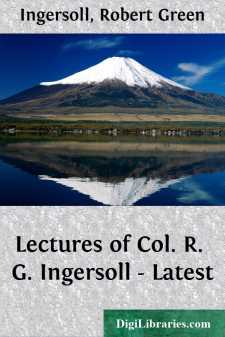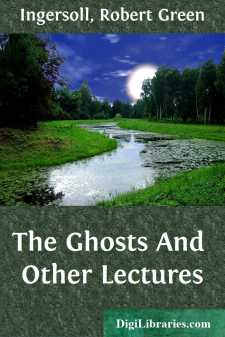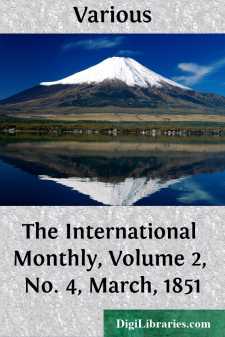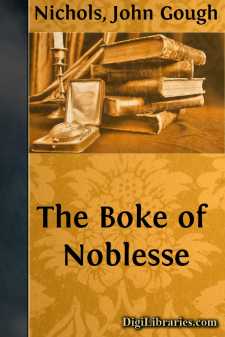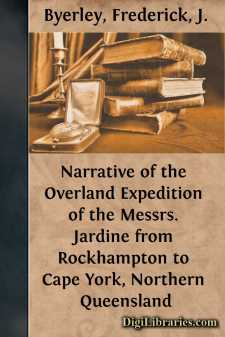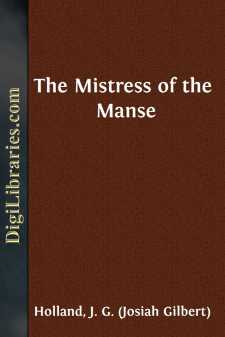Categories
- Antiques & Collectibles 13
- Architecture 36
- Art 48
- Bibles 22
- Biography & Autobiography 815
- Body, Mind & Spirit 144
- Business & Economics 28
- Children's Books 18
- Children's Fiction 14
- Computers 4
- Cooking 94
- Crafts & Hobbies 4
- Drama 346
- Education 58
- Family & Relationships 59
- Fiction 11835
- Games 19
- Gardening 17
- Health & Fitness 34
- History 1378
- House & Home 1
- Humor 147
- Juvenile Fiction 1873
- Juvenile Nonfiction 202
- Language Arts & Disciplines 89
- Law 16
- Literary Collections 686
- Literary Criticism 179
- Mathematics 13
- Medical 41
- Music 40
- Nature 180
- Non-Classifiable 1768
- Performing Arts 7
- Periodicals 1453
- Philosophy 65
- Photography 2
- Poetry 896
- Political Science 203
- Psychology 44
- Reference 154
- Religion 515
- Science 126
- Self-Help 85
- Social Science 83
- Sports & Recreation 34
- Study Aids 3
- Technology & Engineering 60
- Transportation 23
- Travel 463
- True Crime 29
Our website is made possible by displaying online advertisements to our visitors.
Please consider supporting us by disabling your ad blocker.
Lectures of Col. R. G. Ingersoll - Latest
Description:
Excerpt
Ladies and Gentlemen:—It so happened that the first speech—the very first public speech I ever made—took occasion to defend the memory of Thomas Paine.
I did it because I had read a little something of the history of my country. I did it because I felt indebted to him for the liberty I then enjoyed—and whatever religion may be true, ingratitude is the blackest of crimes. And whether there is any God or not, in every star that shines, gratitude is a virtue.
The man who will tell the truth about the dead is a good man, and for one, about this man, I intend to tell just as near the truth as I can.
Most history consists in giving the details of things that never happened—most biography is usually the lie coming from the mouth of flattery, or the slander coming from the lips of malice, and whoever attacks the religion of a country will, in his turn, be attacked. Whoever attacks a superstition will find that superstition defended by all the meanness of ingenuity. Whoever attacks a superstition will find that there is still one weapon left in the arsenal of Jehovah—slander.
I was reading, yesterday, a poem called the "Light of Asia," and I read in that how a Boodh seeing a tigress perishing of thirst, with her mouth upon the dry stone of a stream, with her two cubs sucking at her dry and empty dugs, this Boodh took pity upon this wild and famishing beast, and, throwing from himself the Yellowrobe of his order, and stepping naked before this tigress, said: "Here is meat for you and your cubs." In one moment the crooked daggers of her claws ran riot in his flesh, and in another he was devoured. Such, during nearly all the history of this world, has been the history of every man who has stood in front of superstition.
Thomas Paine, as has been so eloquently said by the gentleman who introduced me, was a friend of man, and whoever is a friend of man is also a friend of God—if there is one. But God has had many friends who were the enemies of their fellow-men. There is but one test by which to measure any man who has lived. Did he leave this world better than he found it? Did he leave in this world more liberty? Did he leave in this world more goodness, more humanity, than when he was born? That is the test. And whatever may have been the faults of Thomas Paine, no American who appreciates liberty, no American who believes in true democracy and pure republicanism, should ever breathe one word against his name. Every American, with the divine mantle of charity, should cover all his faults, and with a never-tiring tongue should recount his virtues.
He was a common man. He did not belong to the aristocracy. Upon the head of his father God had never poured the divine petroleum of authority. He had not the misfortune to belong to the upper classes. He had the fortune to be born among the poor and to feel against his great heart the throb of the toiling and suffering masses. Neither was it his misfortune to have been educated at Oxford. What little sense he had was not squeezed out at Westminster. He got his education from books. He got his education from contact with fellow-men, and he thought, and a man is worth just what nature impresses upon him....


